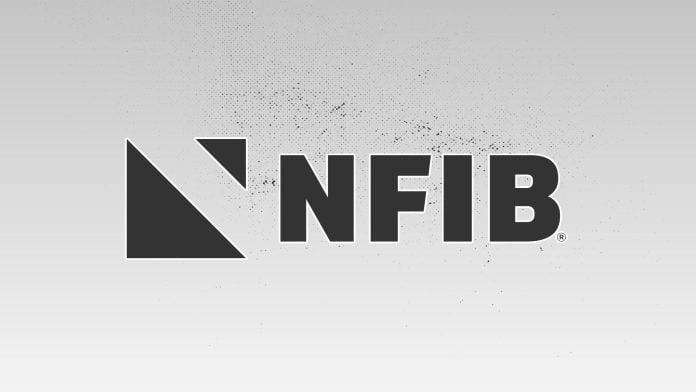A Maryland accountant has been sentenced to three years in federal prison for orchestrating a fraudulent scheme that exploited the COVID-19 relief funds, raising potential red flags for small business owners navigating financial assistance programs. Harold Dotson, 54, of Gaithersburg, was found guilty of submitting over $24 million in fraudulent applications linked to the CARES Act, a federal initiative designed to aid American businesses during the pandemic.
The sentencing, handed down by U.S. District Judge Richard D. Bennett, follows a detailed investigation that revealed Dotson’s systematic exploitation of relief benefits aimed at legitimate businesses. The CARES Act was introduced in March 2020, providing essential loans and grants to help small enterprises retain employees and meet operating costs. The Paycheck Protection Program (PPP) and Economic Injury Disaster Loans (EIDL) were particularly crucial for small businesses during the unprecedented economic downturn.
Investigator insights indicate that Dotson leveraged his professional background as an accountant to create fictitious businesses, claiming inflated employee counts and exaggerated financial figures. Over a span of nearly two years, from April 2020 to January 2022, he collaborated with co-conspirators to submit false loan applications, generating considerable illegitimate funds while compromising the program designed to assist anxious entrepreneurs trying to stay afloat.
According to the plea agreement, he gained nearly $829,000 through these fraudulent schemes, primarily utilizing the funds for personal gambling activities at casinos like Maryland Live and MGM National Harbor. This revelation highlights a pressing concern for small business owners: the integrity of financial assistance programs and the importance of thorough documentation when applying for loans or grants.
“Anyone who exploited pandemic relief funds will face severe consequences,” stated Kelly O. Hayes, U.S. Attorney for the District of Maryland. This warning resonates, particularly for small business owners who seek to understand how to responsibly manage applications for financial aid. The legal repercussions faced by Dotson and his co-conspirators underscore a critical lesson: fraudulent claims not only harm the integrity of assistance programs but can lead to significant personal penalties.
Small business owners looking to secure assistance must remember the careless practices seen in Dotson’s case. Ensuring that all the information provided to lenders is accurate and that businesses meet eligibility criteria is vital. While financial assistance can provide the necessary support to revive and sustain operations, improper claims can lead to severe legal and financial ramifications.
The case falls under the jurisdiction of the District of Maryland Strike Force, an organized group established to combat pandemic relief fraud. The initiative not only focuses on cases similar to Dotson’s but also seeks to deter potential fraudulent activities by illustrating the stringent measures enforced by federal agencies.
Given the current financial landscape, small business owners should remain vigilant about the legitimacy of any partners who may assist in their financing. Engaging with reputable advisors or certified public accountants who adhere to established ethical standards is crucial in navigating the complexities of pandemic relief funds.
As we continue to recover post-COVID-19, the small business community stands at a crossroads. While financial assistance programs provide much-needed relief, the specter of fraud casts a shadow that could inhibit access for honest business owners. Learning from cases like Dotson’s can equip small businesses not only to secure financial assistance but also to uphold the integrity of the programs designed to help them thrive.
The takedown of schemes like Dotson’s reminds business owners that vigilance and adherence to proper protocols are essential in accessing government assistance programs transparently and legitimately. This standagainst fraud not only preserves the integrity of relief funds but ultimately protects the small businesses that genuinely need this vital support.
For further information on the case and details regarding financial support, visit the original announcement from the U.S. Department of Justice here.
Image Via BizSugar



